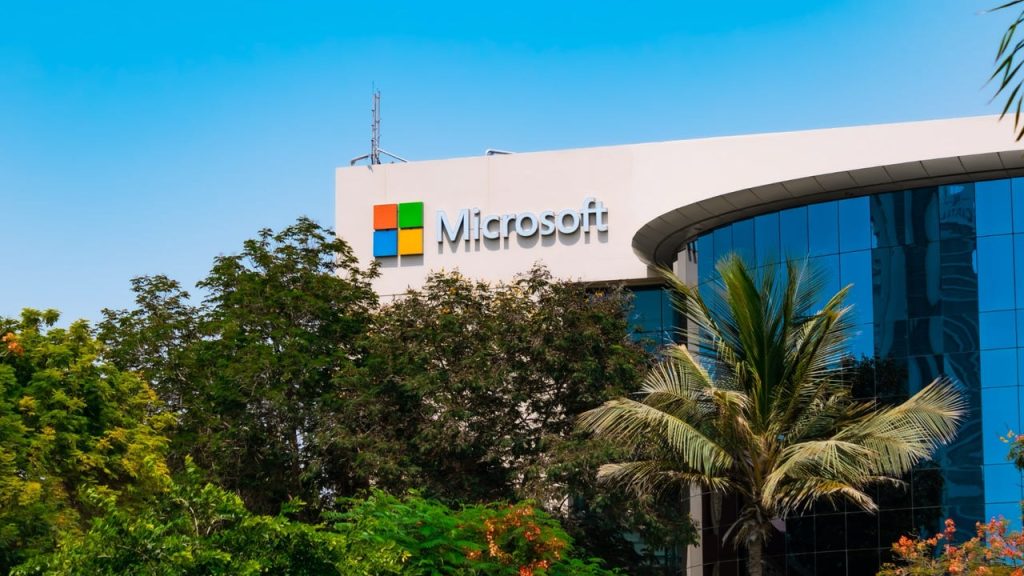Microsoft Backs Massive AI Push in UAE, Raising Security Concerns
Summary
Microsoft, in partnership with UAE tech group G42, is helping to build the opening phase of a planned 5‑gigawatt US–UAE AI campus centred on Nvidia GPUs. The company previously shipped the equivalent of 21,500 Nvidia A100 GPUs and has won US permission to export another 60,400 equivalent units. The effort ties into the Stargate UAE initiative — a coalition that includes Cisco, Nvidia, OpenAI, Oracle and SoftBank — aiming to create a 1GW compute cluster as a first step towards a much larger campus.
The move has triggered security concerns because the UAE is a geopolitically complex partner with close ties to China and an authoritarian government. Experts warn about risks such as technology transfer, backdoors or sabotage when sensitive workloads are located outside US territory. Microsoft says it has agreed to binding safeguards (an Intergovernmental Assurance Agreement) covering cybersecurity, physical security, export controls and KYC, and highlights multi‑billion dollar investments in the UAE through 2029.
Key Points
- Microsoft and G42 are building the first phase of a planned 5GW AI campus in the UAE; Stargate UAE targets a 1GW compute cluster as an initial project.
- The US has authorised large shipments of Nvidia AI GPUs to the UAE: previously ~21,500 A100 equivalents and a licence for an additional ~60,400 equivalents.
- Security concerns focus on tech transfer, potential for sabotage or backdoors, and the UAE’s close ties with China.
- Microsoft says it has an Intergovernmental Assurance Agreement and other safeguards to meet export, cybersecurity and physical security requirements.
- Microsoft has invested over $7.3bn in the UAE (2023–end of 2025) and plans a $15.2bn commitment by the end of 2029; the first 200MW phase is due to start soon.
Context and relevance
This story sits at the intersection of tech, security and geopolitics. Large‑scale AI compute hubs are strategic assets: they shape who controls advanced models, data flows and chip scale. The UAE project shows how commercial cloud and chip capacity expansion abroad can outpace policy debates at home, forcing governments and firms to balance economic and strategic aims.
For security teams, regulators and policy makers the article flags practical risks — supply‑chain exposure, foreign access to workloads, and the challenge of enforcing export controls and operational safeguards at scale. For tech and cloud buyers it signals where advanced capacity will be concentrated and who will have early access to significant compute resources.
Why should I read this?
Because if you care about where the world’s AI horsepower ends up — and who could snoop, tamper or copy critical tech — this is one of the clearest, closest examples. It’s a fast, readable snapshot of the money, the chips and the geopolitical headaches. Read it so you know what to watch for next.
Author’s take
Punchy and plain: this isn’t just another cloud deal. It’s a strategic race for compute scale, and Microsoft’s deep bet in the UAE amplifies both opportunity and risk. If you work in security, policy or any role that depends on trustworthy AI infrastructure, the safeguards and oversight here matter — a lot. Skim if you’re curious; dig in if you need to plan for supply‑chain or regulatory impact.
Source
Source: https://www.darkreading.com/cyber-risk/microsoft-massive-ai-push-uae-security-concerns

